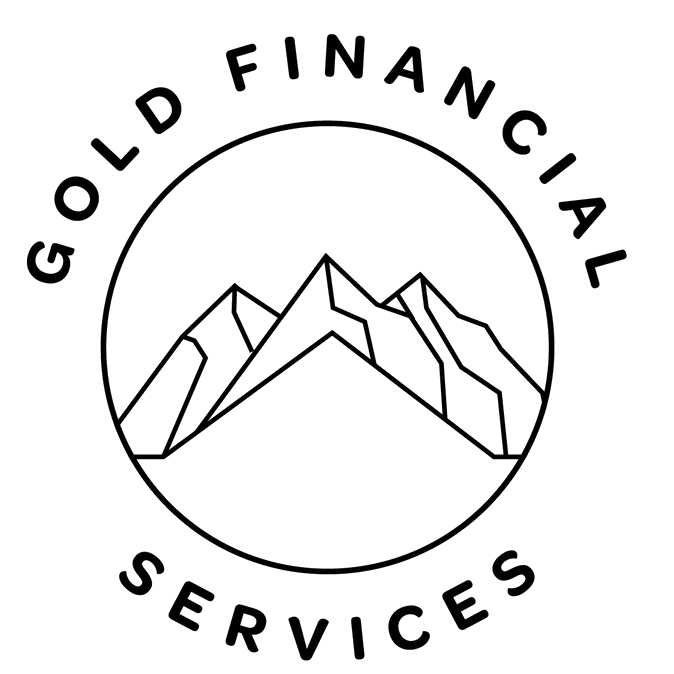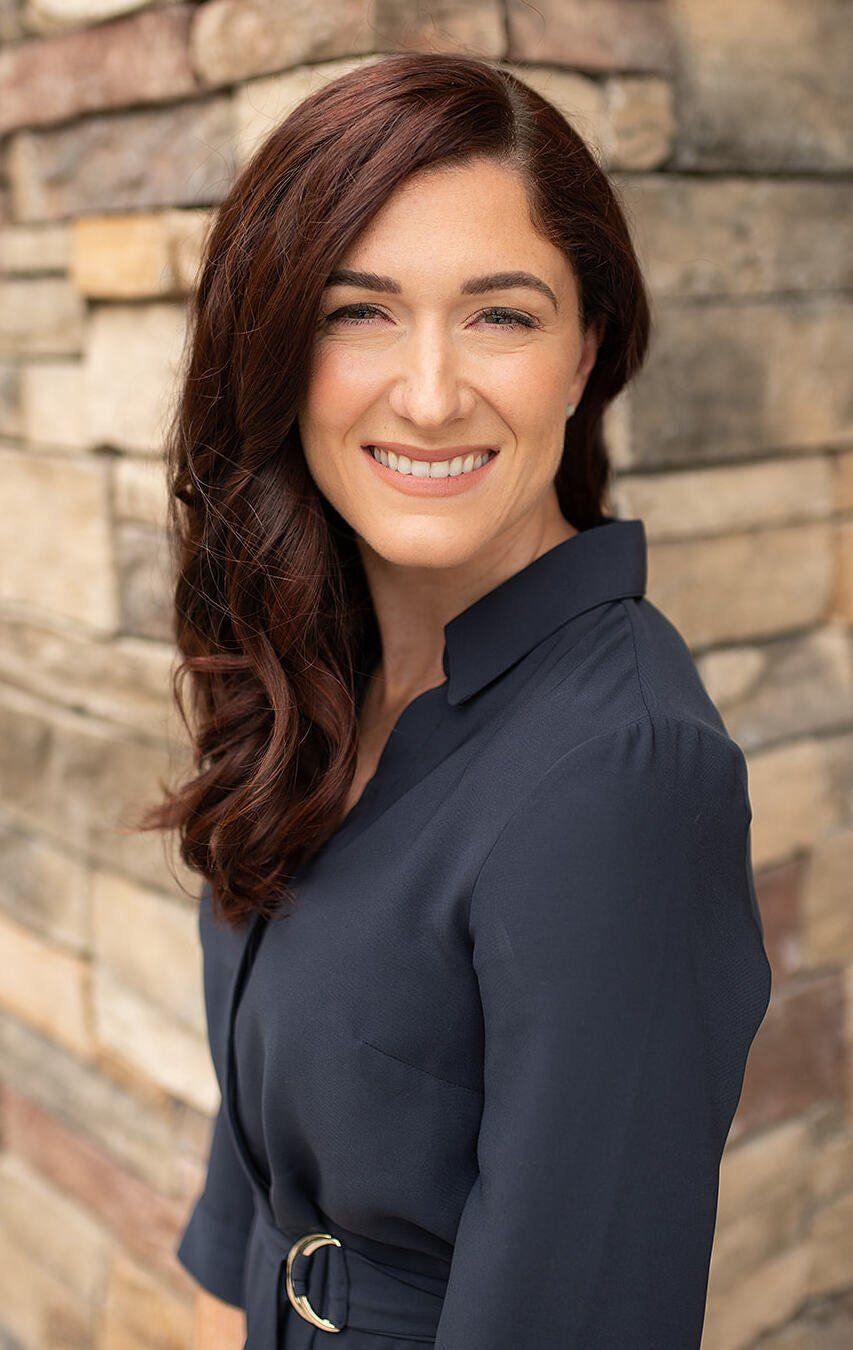Mortgage financing can be a lot to take in. Let us simplify the process with a 3 step plan.
Get started right away
The best place to start is to connect with us directly. The mortgage process is personal. Our commitment is to listen to all your needs, assess your financial situation, and provide you with a clear plan forward.
Get a clear plan
Sorting through all the different mortgage lenders, rates, terms, and features can be overwhelming. Let us cut through the noise, we'll outline the best mortgage products available, with your needs in mind.
Let us handle the details
When it comes time to arranging your mortgage, we have the experience to bring it together. We'll make sure you know exactly where you stand at all times. No surprises. We've got you covered.
Jen Fuentes
Mortgage Broker & Franchise Owner
Hi, My name is Jen - I'm a BC Mortgage broker, based in the Fraser Valley but provide services throughout Greater Vancouver, Vancouver Island, Interior and all areas of the province.
My teams' knowledge based business approach means working collaboratively with clients providing thorough education and guidance - walking alongside you through the mortgage process. Clients love our tailored and personal experience.
As an RCMP spouse, I have extensive experience with RCMP clientele - assisting with lending, transfers and relocation of members throughout Canada. I also specialize in clients navigating through divorce and separation; providing support, attention, care and discretion during this unique transition period in their lives.
After business hours, Jen is frequently engaged in volunteer roles with Langley Minor Hockey Associations and North Langley Baseball. These positions aren't merely duties; they embody passions deeply aligned with our team's values. Devoting time and effort to support youth organizations not only contributes to community well-being but also cultivates essential qualities in our young athletes, such as discipline, teamwork, and camaraderie.
My team and I strive to provide a gold level experience through our service, education, advice and care for those we serve.
Come see how we can serve you.
Reviews from happy clients
Specializing in RCMP relocation services
I have considerable experience helping RCMP members and their families relocate across Canada.
Let me assist you with the process.
Articles to keep you learning







